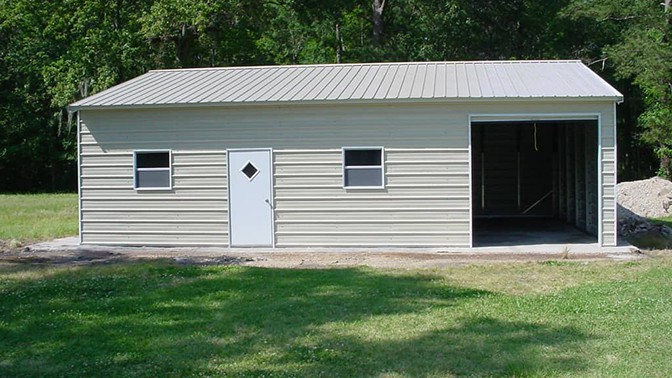
Introduction
The construction industry is transforming significantly with the rise of prefabricated building kits. Prefabricated construction methods have revolutionized the way buildings are designed and constructed, offering a faster, more efficient, and more sustainable approach to building. Prefab building kits have gained popularity in recent years and for good reason. In this article, you will explore the advantages and benefits of embracing the future of construction with these kits.
Advantages of Prefabricated Building Kits
1. Speed and Efficiency:
One of the key advantages of these kits is the speed at which they can be assembled. With components manufactured off-site, the construction process is streamlined, allowing for faster project completion. Precision engineering and standardized production enable rapid installation, reducing construction time by up to 50% compared to traditional building methods. This efficiency is particularly beneficial for time-sensitive projects or industries with tight deadlines.
2. Cost-Effectiveness:
They offer cost savings in various ways. The controlled manufacturing environment ensures minimal waste and efficient use of materials, reducing construction costs. Additionally, the shorter construction time translates into lower labor costs and reduced expenses associated with on-site work. The ability to accurately estimate costs during the design phase and eliminate weather-related delays further contribute to the cost-effectiveness of building kits.
3. Quality and Consistency:
They are produced in controlled factory environments, allowing for strict quality control measures. The use of advanced manufacturing techniques and standardized processes ensures consistent quality across all components. The precision engineering and attention to detail result in buildings that meet or exceed industry standards. Additionally, off-site construction reduces the risk of on-site errors and ensures a higher accuracy and precision in the final product.
4. Sustainability:
Sustainability is a growing concern in the construction industry, and these building kits offer significant environmental benefits. The controlled manufacturing process generates less waste and reduces the environmental impact associated with traditional construction methods. Additionally, incorporating energy-efficient features, such as insulation and renewable energy systems, makes prefab buildings more sustainable in energy consumption. The use of sustainable materials and the option for future adaptability and recyclability further contribute to the overall environmental friendliness of building kits.
Benefits of Building Kits
- Design Flexibility: They offer a wide range of design options, allowing customization to suit specific project requirements. From residential homes to commercial buildings, prefab kits can be tailored to meet various architectural styles and functional needs.
- Enhanced Quality Control: The factory-controlled manufacturing process ensures a higher level of quality control compared to on-site construction. This results in buildings that are structurally sound, durable, and built to last.
- Reduced Disruption: They minimize disruption to the surrounding area and neighboring properties. Most construction activities occur off-site, reducing noise, dust, and inconvenience to the local community.
- Future Expansion and Adaptability: Prefab buildings are designed with future expansion in mind. The modular nature of the components allows for easy integration of additional units or the reconfiguration of spaces as needs evolve.
- Safety and Structural Integrity: They undergo rigorous testing and comply with strict building codes and regulations. This ensures that the structures are safe, secure, and able to withstand environmental forces.
Conclusion:
Embracing the future of construction with building kits offers numerous advantages and benefits. These kits’ speed, cost-effectiveness, quality, and sustainability make them an appealing choice for various construction projects. With design flexibility, enhanced quality control, reduced disruption, future adaptability, and improved safety, prefab building kits pave the way for a more efficient and sustainable construction industry. As technology advances and the demand for sustainable building practices grows, building kits are set to play a pivotal role in shaping the future of construction.










